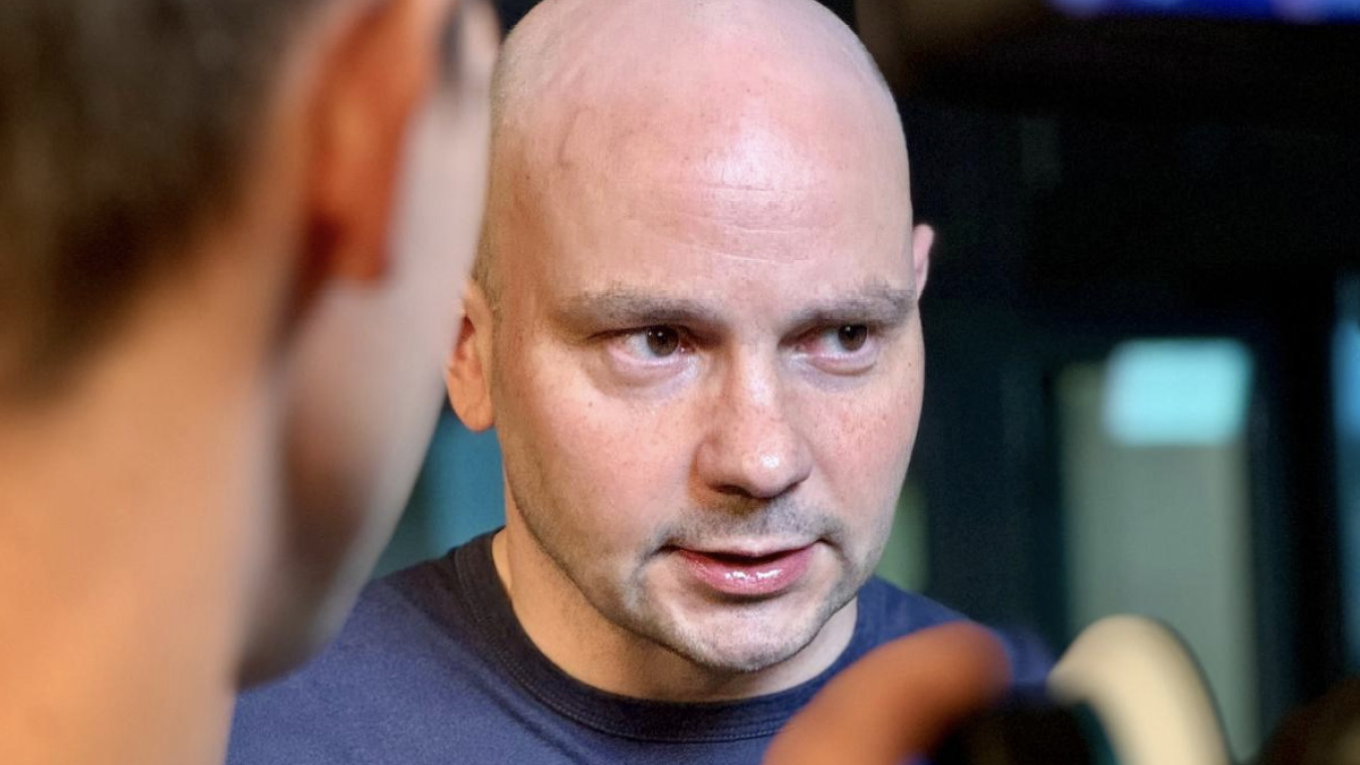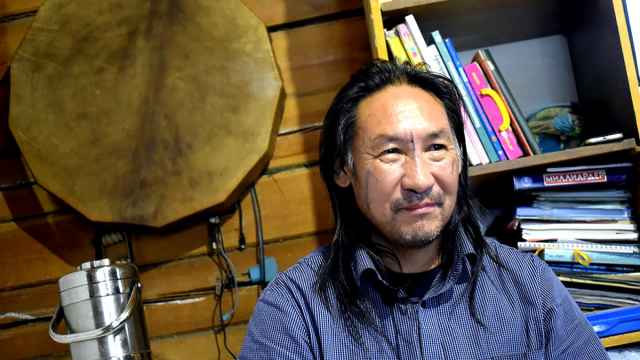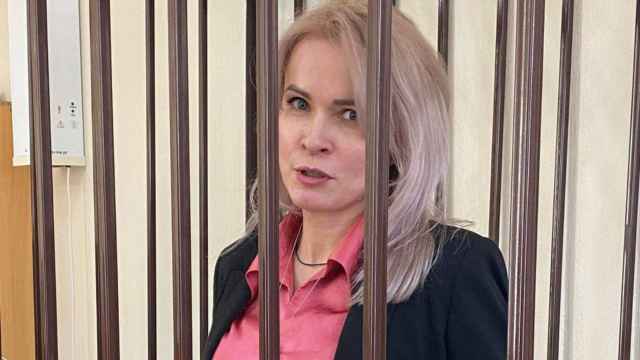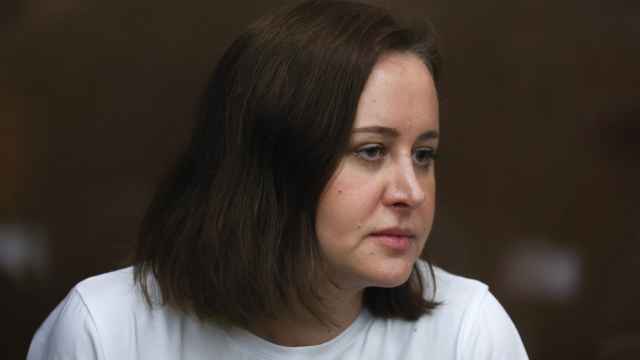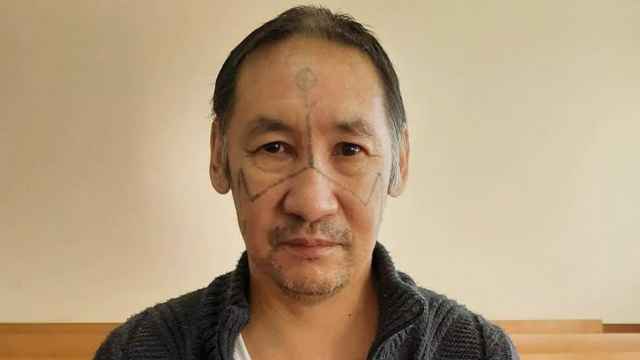Andrei Pivovarov was one of the 16 prisoners freed from Russia in last week's major prisoner exchange between Moscow and the West.
The prominent opposition activist, 42, was pulled off a Warsaw-bound plane by Russian security services in 2021 after the pro-democracy group Open Russia, which he headed, was banned as “undesirable.” He was sentenced to four years in prison in 2022 for his work with the group.
The Moscow Times spoke to Pivovarov about the swap and his plans for the future:
MT: How did you feel when you were being taken to the airport? Did you know that it was an exchange?
AP: By the time we got to the airport, it was already clear that we were being taken to an exchange, but we didn't know where.
I guess I fully understood the very fact of what was happening when I was being taken from the colony on Saturday morning. It was the 25th [of July]. I realized that something extraordinary was going on because I was picked up by the head of the colony and he personally helped me carry my things. But there were no specifics.
You tend to assume the worst in any unclear situation. I had all sorts of thoughts. But there was a moment when I was sent — I had to sign for a dry ration. And I see a name on the previous line: Alexandra Skochilenko. And I’m sure that if Sasha and I are together, it's hardly a bad story.
I thought that it would be like in the movies — a scene where we are pardoned by the tsar and released in front of the RT cameras. The second possibility was a version of the philosophers’ airplane, which unfortunately turned out to be more real in life.
But everything was concealed until the very end. When we were brought to Lefortovo [Prison, before the exchange], we were in isolation and could not contact anyone.
On Thursday morning they brought us a release certificate with no order number, nothing. We had half an hour to pack, we brought our things.
There were people in masks and uniforms with us. If any of us resisted and refused to be deported, their task was to put us on the plane by any means. They explicitly told us that afterward.
The first person I saw on the bus was [Ilya] Yashin. It was certainly nice to see him. There were familiar and unfamiliar faces after that, but personally, I was very worried whether Volodya Kara-Murza would be there. He was one of the last to be brought in, which was a huge relief, since he has the longest sentence.
Do you know who lobbied for your inclusion in the list?
How the lists were formed is a mystery to me. I haven't been able to talk to all my colleagues yet. From my understanding, there were different groups from which information was gathered and the final list was much larger than what you have seen. And it was shortened by Russia. When all the wishes were collected and communicated and sort of agreed upon, fewer people were eventually released.
You were supposed to be released in a month…
This is one of the most difficult things for me. If you look at my criminal case, the period that I had left [to serve] cannot be compared to the terms of the others [political prisoners].
I can say that I have information from several sources that the probability of my release [at the end of my sentence] was not guaranteed. That’s why I ended up on the list. We’ve seen examples where people were arrested on their way out of the colony because some new criminal cases were opened. And unfortunately, there were calls that said that in my case, the outcome might not be the best.
What are your plans now? Do you know what you will do in the near future?
I am now a person with no documents and no sense of home. I was issued a Russian internal passport and I have two papers — one replaces my [foreign passport] and the second replaces my visa. As it was explained to me, these papers allow me to stay in Germany for 15 days — specifically in Germany, not in the EU. It's hard to make serious plans. So initially, of course, I would like to solve the domestic aspects.
And then — I have been doing social and political work for 15-20 years. My stay in prison did not repel me from it, but on the contrary motivated me even more. I have some ideas, as I had time to think and reflect [in prison].
And the main goal here, probably, is to try to talk more with those who stayed inside [Russia]. To try to offer a plan to work with those who may not be our supporters, but who are frustrated with what is happening. If we can give them [people in Russia] the opportunity to express themselves without putting themselves at serious risk, I think that's what a democratic force should do.
A Message from The Moscow Times:
Dear readers,
We are facing unprecedented challenges. Russia's Prosecutor General's Office has designated The Moscow Times as an "undesirable" organization, criminalizing our work and putting our staff at risk of prosecution. This follows our earlier unjust labeling as a "foreign agent."
These actions are direct attempts to silence independent journalism in Russia. The authorities claim our work "discredits the decisions of the Russian leadership." We see things differently: we strive to provide accurate, unbiased reporting on Russia.
We, the journalists of The Moscow Times, refuse to be silenced. But to continue our work, we need your help.
Your support, no matter how small, makes a world of difference. If you can, please support us monthly starting from just $2. It's quick to set up, and every contribution makes a significant impact.
By supporting The Moscow Times, you're defending open, independent journalism in the face of repression. Thank you for standing with us.
Remind me later.



